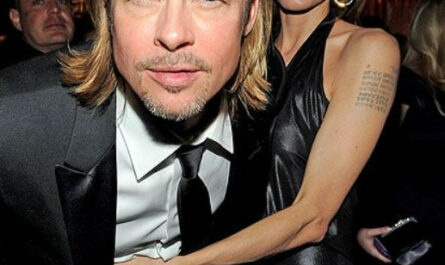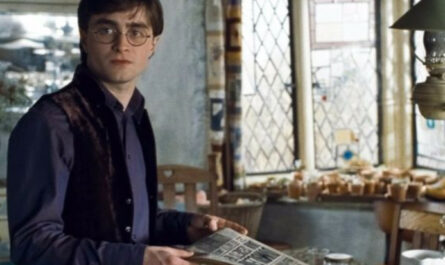Bruce Willis, often celebrated for his iconic roles in action-packed blockbusters, took a daring leap into uncharted territory with his portrayal of Dr. Malcolm Crowe in the 1999 supernatural thriller “The Sixth Sense.” Directed by M. Night Shyamalan, the film not only left an indelible mark on the thriller genre but also showcased Willis’ versatility as an actor. In this exploration, we delve into the ways Willis challenged himself in this emotionally charged and thought-provoking film, stepping away from his typical action hero persona.
Playing Against Type:
1. Departure from Action Hero:
Bruce Willis had carved a niche for himself as an action hero in films like “Die Hard” and “Pulp Fiction.” However, in “The Sixth Sense,” he chose a role that was a stark departure from his tough, confident characters. Dr. Malcolm Crowe is a vulnerable and emotionally damaged man grappling with personal tragedy, demanding Willis to showcase a different facet of his acting range.
Subtlety and Nuance:
1. Emotion Through Subtle Expressions:
Unlike his previous roles that often relied on grand gestures, Crowe’s emotional state in “The Sixth Sense” is conveyed through nuanced expressions and subtle gestures. Willis had to master the art of expressing complex emotions with restraint, avoiding overacting and melodrama. This shift required a level of control and precision that was both challenging and unfamiliar for the seasoned actor.
Building a Relationship with a Child Actor:
1. Connection with Haley Joel Osment:
A pivotal aspect of the film revolves around Crowe’s relationship with Cole Sear, a young boy who possesses the ability to see dead people, portrayed by Haley Joel Osment. Willis had the task of establishing a believable and emotionally resonant connection with Osment, adding an extra layer of complexity to his performance. The chemistry between the two actors played a crucial role in the film’s success.
Physical Transformation:
1. Shedding the Action Hero Image:
To distance himself further from his action hero image, Willis underwent a physical transformation for the role. He lost weight and adopted a more subdued physical presence, contributing to the character’s haunted and fragile demeanor. This transformation added authenticity to Crowe’s emotional state and challenged the audience’s preconceived notions of Willis as an actor.
Emotional Vulnerability:
1. Tapping into Personal Emotions:
One of the most demanding aspects of the role was portraying Crowe’s emotional vulnerability. Willis had to tap into his own emotions and experiences to authentically convey Crowe’s pain and sense of loss. The character is deeply affected by his wife’s death and his perceived failure to help his previous patients, requiring Willis to dig deep into his own emotional reservoir to deliver a genuine and affecting performance.
Willis’ portrayal of Dr. Malcolm Crowe in “The Sixth Sense” received widespread acclaim, earning him numerous award nominations, including an Academy Award nomination for Best Actor. The film itself was a commercial and critical triumph, solidifying Willis’ place as a Hollywood A-lister capable of delivering nuanced and emotionally charged performances.
In conclusion, “The Sixth Sense” stands as a testament to Bruce Willis’ willingness to step outside his comfort zone and embrace the challenges of a complex and demanding role. His journey as Dr. Malcolm Crowe remains a cornerstone of his career, showcasing his ability to transcend genre expectations and leave an enduring impact on audiences.
If you have any specific aspects of Willis’ performance in “The Sixth Sense” that you’d like to delve deeper into or if you have other questions, feel free to let me know!



